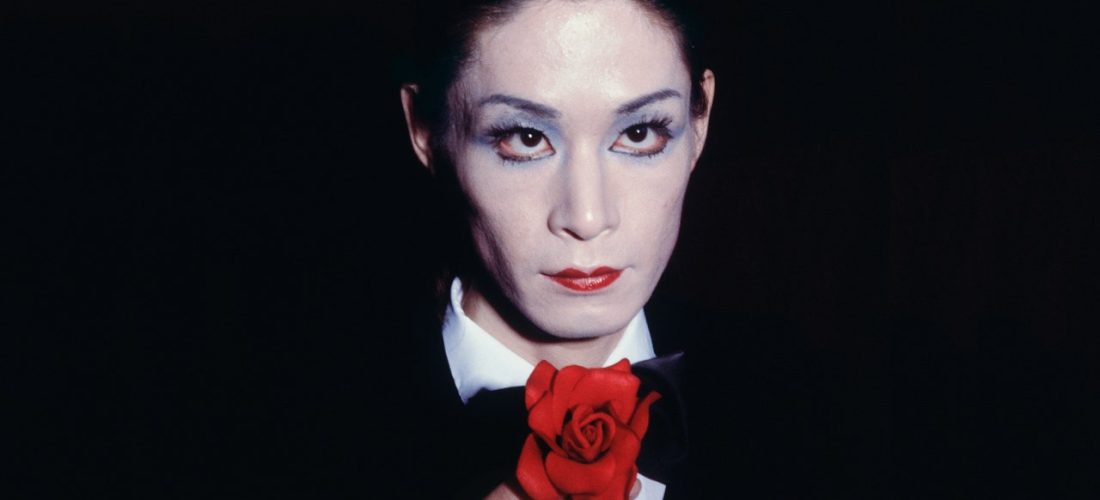On her 2016 album HOPELESSNESS, ANOHNI set galvanizing protest songs to bracing electronic music, tossing a stick of political dynamite. The British-born, New York-based singer has always used her art to signal unity with her community and point rage toward inequality and oppression: She released a furious response to the Trump election with CocoRosie, reunited with Hercules and Love Affair for searing songs that interrogated faith and the afterlife, and revisited the past through a vivid photo book and album examining her time in the renegade queer performance group Blacklips.
“It Must Change,” the soulful first single from her sixth studio album, My Back Was a Bridge for You to Cross, comes as a deeper expression of her solidarity. It’s credited to ANOHNI and the Johnsons, both as a nod to and rebirth of her origins honoring queer rights pioneer Marsha P. Johnson; the music, too—inspired by Marvin Gaye’s classic 1971 record What’s Going On—circles back to earlier, full-band iterations of her sound. Gone is HOPELESSNESS’s pummeling, metallic landscape, replaced by a bed of relaxed electric guitar and percussion to support her tender, unadorned voice. Whereas before she was writing calls to action aimed at those who remain ignorant of the harsh realities, now ANOHNI seems to be speaking from a place of bittersweet acceptance of the world’s cruelty, a realization that this is “going to be a lonely place for us.” But the song is far from an elegy—instead, ANOHNI uses her spiritual intensity and the song’s gentle, flowering strings to summon hope for the future. “The truth is that our love will ricochet through eternity,” she affirms. Voice rising into the ether, it’s easy to believe her.
